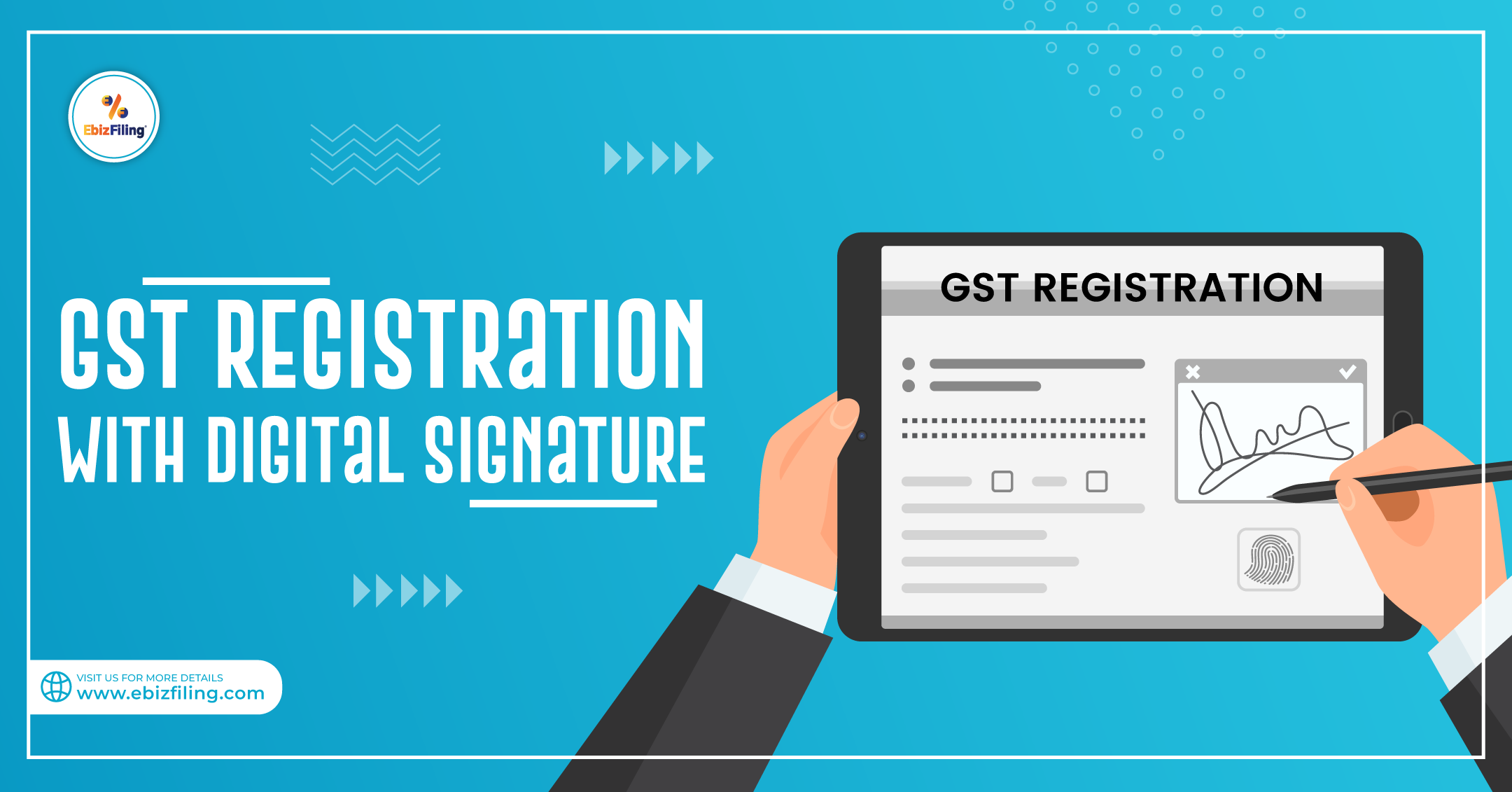Recognizing the Conveniences of Singapore GST Registration for SMEs
Wiki Article
The Ultimate Overview to Simplifying the GST Enrollment Refine and Requirements for Small Company Owners

Understanding GST Fundamentals
To grasp the fundamentals of the Product and Provider Tax Obligation (GST) system, small company owners have to initially understand its underlying principles and ramifications. GST is a value-added tax levied on the majority of products and solutions for domestic intake. It aims to enhance the taxation procedure by changing numerous indirect tax obligations imposed by the state and main governments. Under the GST program, organizations are required to accumulate and register tax in behalf of the federal government, making sure transparency and compliance.One of the essential concepts of GST is input tax credit, which permits organizations to assert credit report for tax obligations paid on their purchases. Understanding these standard concepts is crucial for small company owners to browse the complexities of the GST system and make sure conformity with the regulation.
Qualification Standards for Registration
Having actually developed a foundational understanding of GST concepts, small company proprietors need to now fulfill certain eligibility criteria to proceed with the registration process. In India, entities engaged in the supply of products or services with an annual aggregate turn over going beyond Rs. 40 lakhs (Rs. 10 lakhs for special category states) are needed to sign up for GST. Additionally, specific businesses such as those associated with inter-state supply of products, informal taxable persons, and those needed to pay tax under the reverse cost mechanism should sign up for GST regardless of their turnover. Organizations that were signed up under the previous tax regime (BARREL, solution tax, etc) are also mandated to sign up under GST. Agricultural businesses that just provide create out of primary manufacturing are excluded from GST enrollment. It is vital for company owner to very carefully analyze their qualification based upon these criteria to ensure conformity with the legislation check this site out and prevent any kind of charges for non-compliance.Records Needed for GST Enrollment

Simplified Enrollment Refine Actions
Adhering to the collection and verification of the requisite files, the registration procedure for GST can be browsed with a series of simplified steps created to facilitate effective compliance for tiny business owners. Upon effective verification, an Application Referral Number (ARN) is issued, indicating the conclusion of the GST registration process. By following these streamlined steps, small organization owners can properly register for GST and guarantee compliance with tax regulations.Tips for Ensuring Conformity
To keep governing adherence and operational stability, thorough oversight and positive steps are critical in making sure conformity with GST needs for little company owners. Tiny business owners should remain upgraded with GST policies, filing target dates, and any modifications in tax prices to avoid charges and maintain a good standing with tax obligation authorities. Participating in GST recognition workshops or training programs can boost understanding and compliance with GST guidelines, eventually profiting the service in the lengthy run.
Final Thought
To conclude, small company owners need to understand the basics of GST, satisfy the eligibility requirements, gather needed files, and adhere to the simplified registration procedure actions to make certain compliance. By simplifying the GST enrollment process and demands, small company proprietors can prevent charges and operate their organizations efficiently within the lawful structure - Singapore GST Registration. It is critical for little service owners to remain compliant and educated with GST policies to keep an effective service procedureLittle business proprietors seeking GST enrollment need to ensure they gather and submit the required papers to finish the enrollment process efficiently. The documents required for GST registration usually consist of evidence of business enrollment or incorporation, PAN (Long-term Account Number) card of the company identity, read this address and entity evidence of the promoters/partners/directors, photographs, address proof of the place of company, bank account declarations or canceled cheques, and consent types. Attending GST understanding workshops or training programs can improve understanding and compliance with GST laws, eventually profiting the business in the lengthy run.
By streamlining the GST enrollment process and demands, little organization owners can prevent charges and operate their companies efficiently within the lawful structure. It is important for small organization proprietors to stay enlightened and compliant with GST regulations to preserve an effective business procedure.
Report this wiki page